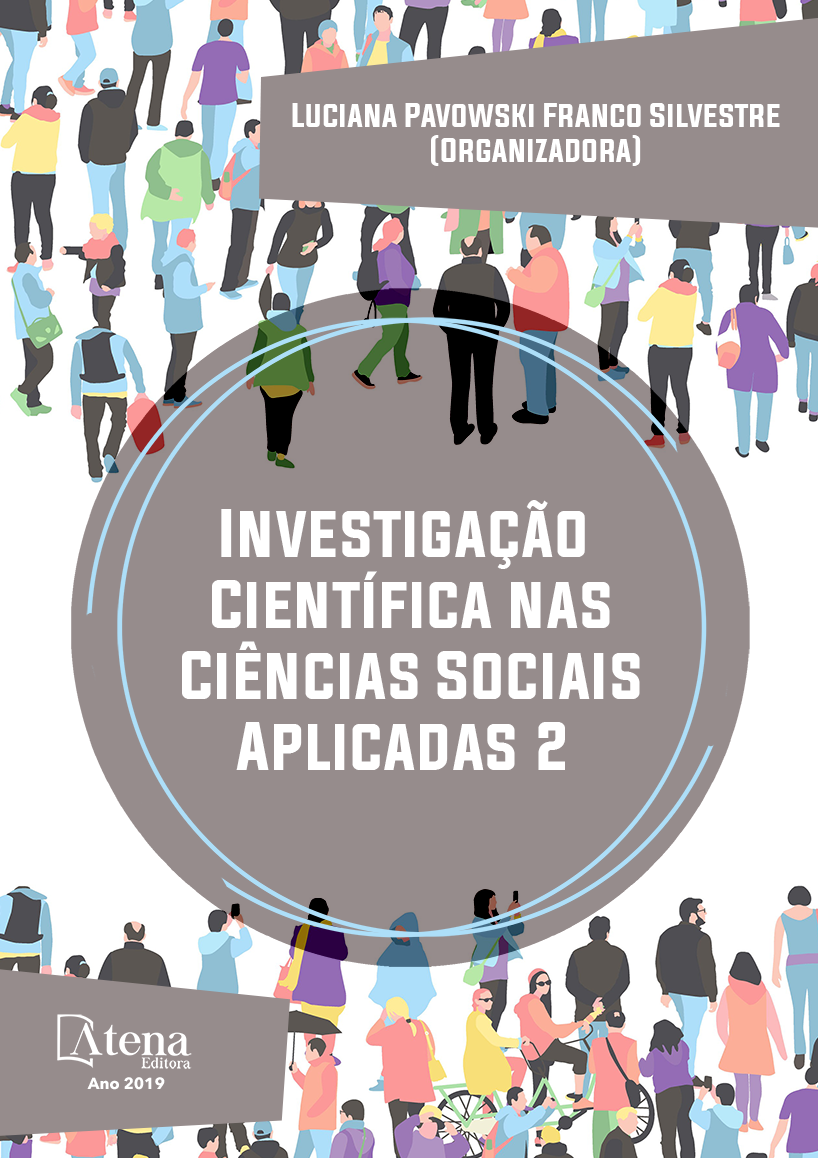
UMA QUOTA DE CONTROVÉRSIAS SOBRE AS PESQUISAS ELEITORAIS
O artigo objetiva discutir o uso das
quotas amostrais nas pesquisas eleitorais
registradas junto ao Tribunal Superior Eleitoral
(TSE) visando fornecer argumentos para
subsidiar as controvérsias sobre a eficiência
probabilística dos seus resultados, além de
apresentar informações econômicas sobre o
mercado das pesquisas eleitorais. As análises
foram realizadas com base nas pesquisas
eleitorais realizadas para Governo do Estado do
Paraná nas Eleições Gerais de 2014. Para tanto,
foi realizado o levantamento dos documentos
referente à metodologia estatística registrados
junto ao TSE e os valores cobrados pelos
institutos contratados. A amostragem constituise
de 29 pesquisas eleitorais realizadas por
11 institutos, das quais foram catalogados e
analisados os critérios estatísticos de: i) margem
de erro; confiabilidade estatística; quantificação
amostral; tipo de amostragem; estratificação
espacial da amostra. Constatou-se que a maior
controvérsia encontra-se na utilização das
quotas amostrais para coleta de respostas,
considerado como um procedimento não
probabilístico. Os resultados evidenciam que
das pesquisadas analisadas, 90% delas usaram
quotas amostrais como procedimentos de coleta
de respostas junto aos eleitores, movimentando
um mercado de aproximadamente R$ 135
milhões. Os institutos utilizam das quotas na
estatística para economia de tempo e recursos.
Contudo, esse procedimento interfere na
integridade das respostas obtidas junto aos
eleitores.
UMA QUOTA DE CONTROVÉRSIAS SOBRE AS PESQUISAS ELEITORAIS
-
DOI: 10.22533/at.ed.89819071017
-
Palavras-chave: Pesquisas eleitorais. Quotas. Probabilidade. Amostragem.
-
Keywords: Electoral polls. Quotas. Probability. Sampling
-
Abstract:
The article aims to discuss the
use of sample quotas in electoral surveys
registered with the Supreme Electoral Tribunal
(TSE) to provide arguments to subsidize the
controversies over the probabilistic efficiency
of its results, as well as to present economic
information on the electoral polling market.
The analyzes were carried out based on
the electoral surveys carried out for the Government of the State of Paraná in the
General Elections of 2014. For that, a survey was made of the documents referring
to the statistical methodology registered with the TSE and the amounts collected by
the institutes contracted. Sampling consists of 29 electoral surveys conducted by 11
institutes, from which the statistical criteria of: (i) margin of error were cataloged and
analyzed; statistical reliability; sample quantification; type of sampling; stratification of
the sample. It was found that the greatest controversy lies in the use of sample quotas
for collection of responses, considered as a non-probabilistic procedure. The results
show that 90% of the surveyed women used sample quotas as procedures to collect
responses from voters, moving a market of approximately R $ 135 million. Institutes
use quotas in statistics to save time and resources. However, this procedure interferes
with the integrity of the responses obtained from voters.
-
Número de páginas: 15
- Jaíne Machado
- Luci Nychai


